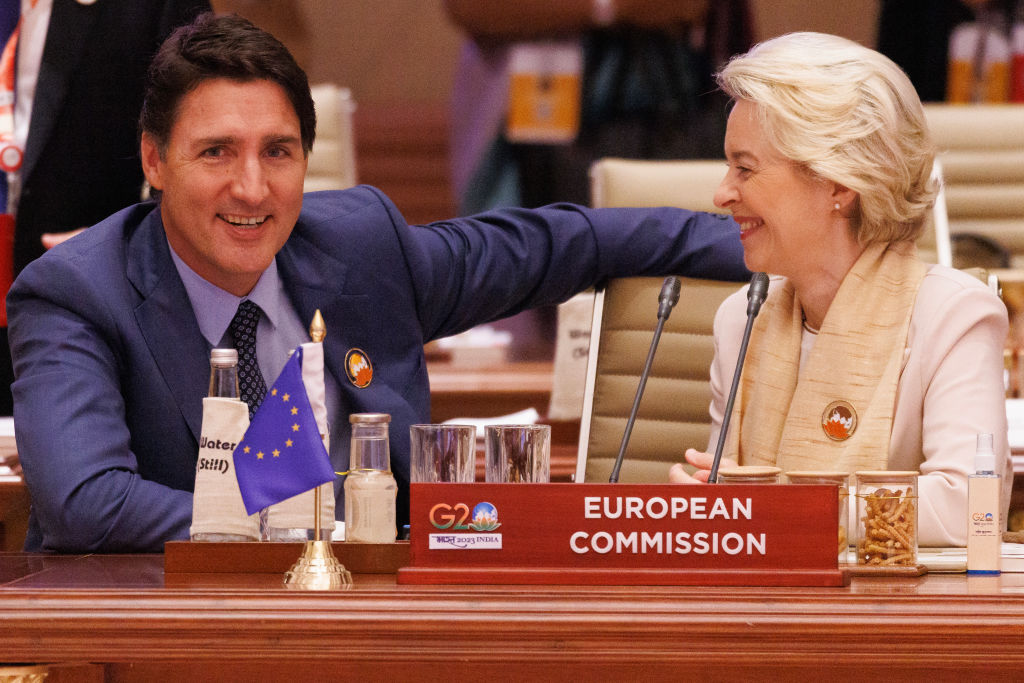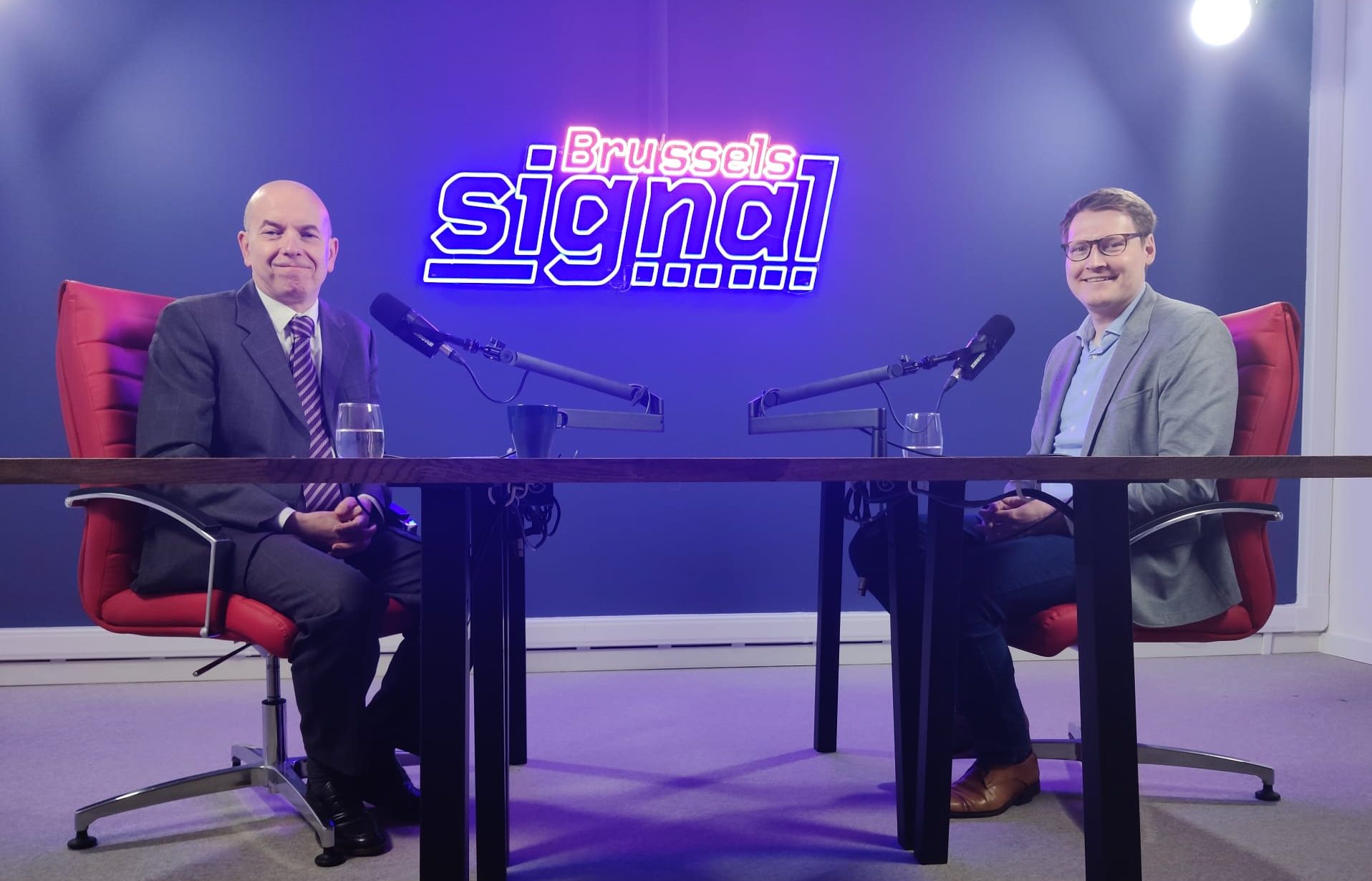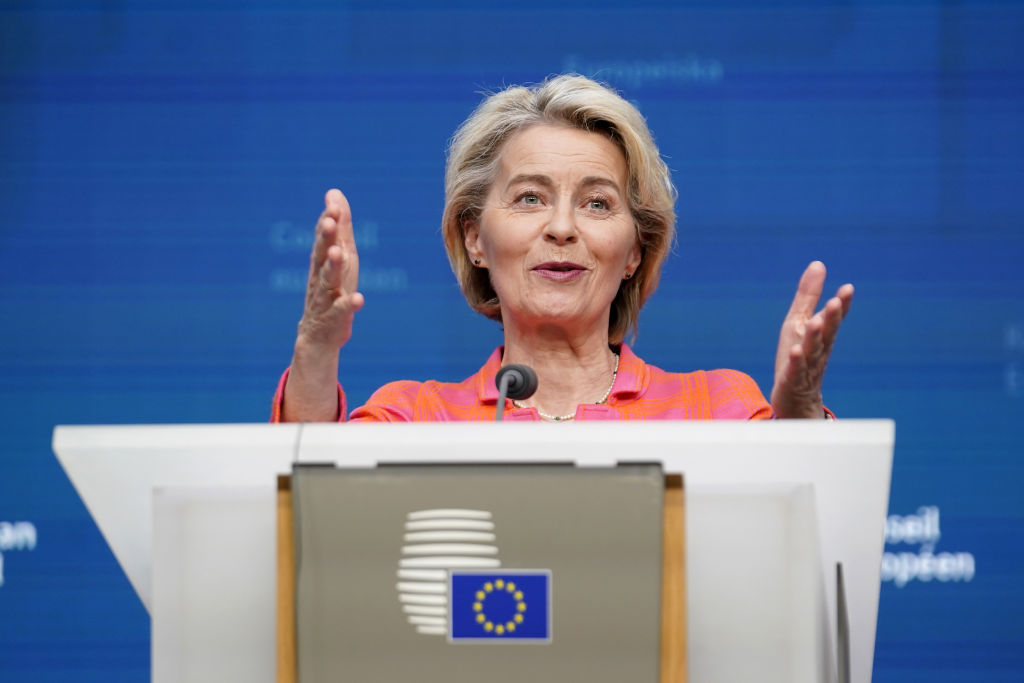Speaking at the ground-breaking ceremony for a new Taiwan Semiconductor Manufacturing Company (TSMC) project in Germany, European Commission President Ursula von der Leyen has insisted that the European Union is still capable of innovation.
On August 20, the newly formed European Semiconductor Manufacturing Company (ESMC) — a joint project between the Taiwanese manufacturer TSMC and a number of European companies — started construction of a new semiconductor plant in Dresden.
At the ceremony marking the start of work on the facility, von der Leyen claimed the project proved that Europe still wanted to innovate on the world stage.
“This is more than a ground-breaking ceremony we have ahead of us. It is an endorsement for Europe, as a global innovation powerhouse,” she declared.
“Europe is far more innovative than most of us think. Our research and development into semi-conductors is recognised around the world. We build incredibly powerful computers. The world’s best chip-making equipment is from here in Europe.
“Here in Dresden we can all see that Europe is so very much more than an attractive market. It is a unique place for growth and innovation,” she added.
While von der Leyen was praising the new facility as proving Europe’s competitiveness in a global economy, the details of the project are more mixed.
According to a press release by TSMC, the plant will be able to construct FinFET Compact Technology technology chips with nodes as small as 12 nanometers, with the minute size helping with chip efficiency.
While the facility is only set to be fully up and running by 2027, the process is already not at the cutting edge, with TSMC working with nodes as small as 5 nanometers in Taiwan.
Von der Leyen also confirmed that she had given official EU approval for a €5 bn German state subsidy for the project. Under EU competition law, such subsidies require sign-off from Brussels to prevent firms from being granted unfair advantages within the single market.
The European Commission president added that the German cash injection was just a small fraction of the €115bn in public and private investment that has been attracted by the 2023 European Chips Act.
The EU will sink under regulation. It must go for innovation and productivity instead, writes @ConradMBlack.
Read the full article ?? https://t.co/bzACODDYcS pic.twitter.com/0FfgZGC8E6
— Brussels Signal (@brusselssignal) June 27, 2024
Manufacturers in Eastern Germany will likely be able to use chips made by the plant, with its “open foundry” model allowing third-party companies to pay ESMC to produce custom microchips.
“Together with our partners, Bosch, Infineon and NXP, we are building our Dresden facility to meet the semiconductor needs of the rapidly growing European automotive and industrial sectors,” said TSMC Chairman and CEO, who is also WeiTSMC Chairman, CC Wei.
“With this state-of-the-art manufacturing facility, we will bring TSMC’s advanced manufacturing capabilities within reach of our European customers and partners, which will stimulate economic development within the region and drive technological advancements across Europe,” Wei said.
"Why is the innovation always in the United States or China? Because we're doing something wrong with the regulation," says @FidiasCyprus.
?? Watch the full interview https://t.co/gtLeAIQT33 #policy #eu pic.twitter.com/t7WOlt6USx
— Brussels Signal (@brusselssignal) June 25, 2024





